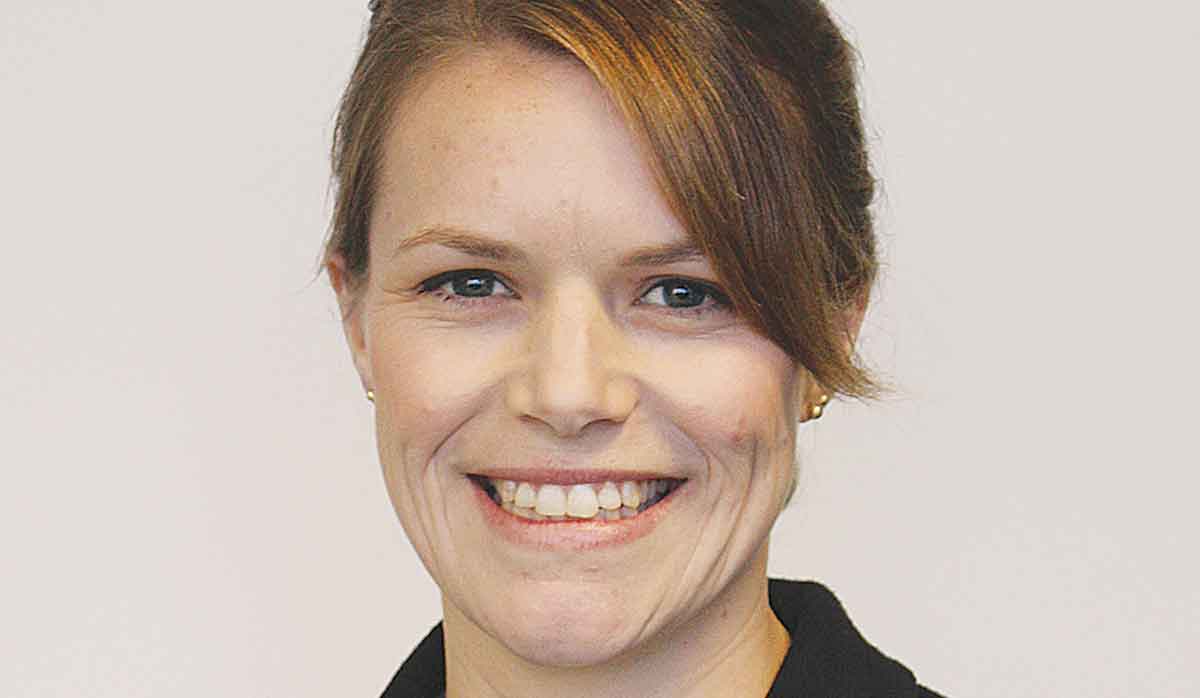DairyNZ Tests Heat Stress Solutions for Dairy Herds
New DairyNZ research will help farmers mitigate the impacts of heat stress on herds in high-risk regions of the country.
You've worked hard to get your cows in great condition for calving. Next, it’s time to make sure they stay on track for mating.
That's the message from DairyNZ animal developer Samantha Tennent.
Cows that lose more than a full body condition score (BCS) in early lactation take longer to get back in calf and are more likely to be empty.
Cows at BCS target of 4.0 (4.5 for two and three year olds) at planned start of mating have a four to five percent higher 6-week in-calf rate than cows at BCS 3.0. Put simply, cows below target BCS at mating have lower pregnancy rates.
What happens after calving?
After calving, a cow’s energy demands for lactation, maintenance and activity are greater than her energy intake. To fill this energy deficit, she mobilises body tissue (fat and muscle) and uses this to generate energy. When a cow is in this state, she’s said to be in negative energy balance and will lose body condition.
All cows enter a state of negative energy balance for six to eight weeks after they’ve calved, but it’s important they’ve stopped losing condition and are in positive energy balance before mating starts. There’s little that can be done in the first four to five weeks after calving to prevent BCS loss, and the biggest driver of BCS loss after calving is BCS and feed management pre-calving.
Keeping control
The key is to maintain adequate intakes of good-quality feed through early lactation. Cows grazing high-quality pasture during the period from calving to balance date and achieving residuals of 1500 to 1600 kilograms of dry matter per hectare, or 3.5 to 4.0 centimetres compressed height, should meet BCS targets.
 |
|---|
|
Samantha Tennent. |
It’s important to identify cows or heifers below target BCS before mating starts and implement management strategies to help them meet targets. It’s difficult to lift BCS in an early-lactating cow, but milking once daily for several weeks, while meeting energy demands, will help to improve energy balance and can lift BCS.
Even if you keep milking twice daily, separate younger, thinner cows from the herd and feed them high-quality pasture and supplements, if necessary. This eliminates competition from more dominant cows and improves the skinnier cows’ energy status and BCS.
Using supplements
If cow BCS and pasture residuals are on target, adding supplements to the diet won’t improve reproduction. However, if you need supplements, use good-quality supplements that are free from spoilage.
There’s no reproductive benefit of feeding high-starch supplements, such as grains, compared with high-fibre feeds (e.g. palm kernel expeller or pasture silage; see our article in last month’s Inside Dairy). Therefore, your decisions on supplement type should be based on the cost/benefit of the predicted milksolids response.
• Learn more at dairynz.co.nz/reproduction
New Zealand and Chile have signed a new arrangement designed to boost agricultural cooperation and drive sector success.
New DairyNZ research will help farmers mitigate the impacts of heat stress on herds in high-risk regions of the country.
Budou are being picked now in Bridge Pā, the most intense and exciting time of the year for the Greencollar team – and the harvest of the finest eating grapes is weeks earlier than expected.
The Real Estate Institute of New Zealand (REINZ) has released its latest rural property report, providing a detailed view of New Zealand’s rural real estate market for the 12 months ending December 2025.
Rural retailer Farmlands has released it's latest round of half-year results, labeling it as evidence that its five-year strategy is delivering on financial performance and better value for members.
OPINION: "We are back to where we were a year ago," according to a leading banking analyst in the UK, referring to US president Donald Trump's latest imposition of a global 10% tariff on all exports into the US.
OPINION: Expect the Indian free trade deal to feature strongly in the election campaign.
OPINION: One of the world's largest ice cream makers, Nestlé, is going cold on the viability of making the dessert.